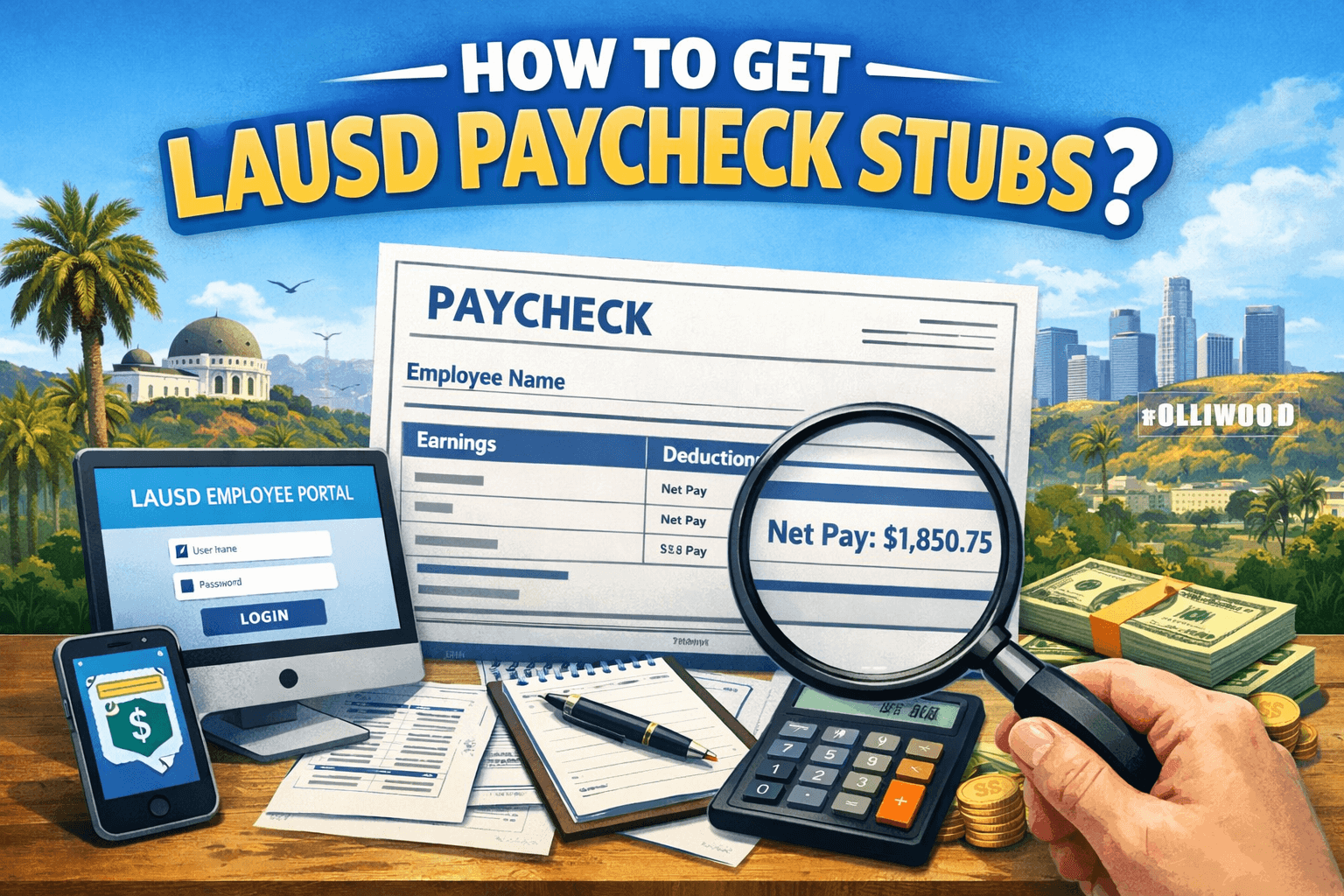
- Stubbuilder
- Apr 19, 2024
How To Use An LOI In Real Estate Negotiations
When you’re in the market to buy a real estate property, it can be a daunting task to understand the ins and outs of the real estate market. Regardless of how much knowledge you possess of the real estate market, how to turn a property which interests you into part of your portfolio is a part of your success ladder.
No matter if you are new to the real estate industry or is this your thousandth negotiation, having a good understanding of what an LOI in real estate negotiations means and how to use it to provide you with an extra edge over the potential buyer is of vital importance and in this blog, this is exactly what we are going to discuss about.
What Do You Mean By LOI?
There are some of the most twisted real estate jargon which are difficult to understand but a letter of intent or LOI, is self-explanatory. Generally, the party wishing to buy a property presents the LOI to the seller.
A letter of intent is brief, only several pages as compared to the twenty or so pages of a sales contract. It declares the potential buyer’s intentions to the seller, allowing both parties to come to an agreement about the general terms before negotiating the sales contract.
An LOI differs from a sales contract in both content and length. It is brief and does not contain a lot of information. Another important difference between a sales contract and an LOI is a letter of intent is not legally binding and is not used to negotiate the terms of a contract.
While sending an LOI, the buyer does not need to provide a deposit as they will already have an offer to buy.
How To Generate a Letter of Intent and Information To Include?
An LOI is the basic way to express your intentions to buy a property without having to write a formal binding contract. As an interested buyer, you present the letter to a seller in the form of the preliminary stages of a potential purchase.
The LOI showcases your intention as a buyer clearly and the seller knows how you want to buy the property and under what conditions.
An LOI is brief but has vital information to convey to the seller the seriousness of your interest in the property. An LOI should be able to communicate various significant pieces of information.
Let us see the contents of a letter of intent so that you can easily generate one for your own use before you move to formal purchasing agreements.
The Basic Elements of a Letter of Intent
- Buyer’s Name
- Address of the property
- The offer includes
- Purchase price
- Down payment
- Terms
- Conditions
- Due diligence time
- Closing time
- Any other casualties
- When a formal contract is written up if the LOI is approved
- A clause that makes the LOI non-binding- a reinforcement that the letter is not legally binding
- A place for your signature and that of a seller
It contains only straightforward and professional information. Your goal is to summarize every detail so that the seller knows what the buyer is intended to do.
How To Use The Letter of Intent?
- As a First Offer: Use the letter of intent to present your preliminary offer to the seller. By doing so, you save time money and legal fees and reduce costly negotiations because you do not have to meet the same legal requirements of a formal contract. Using a short letter of intent makes sure that the seller understands your interest in the property and allows the sale to move forward promptly.
- As a Negotiation Point: When negotiating a commercial real estate deal, you can agree faster by using your LOI to dictate favourable terms to finish a sale. Write down your letter of intent, ignoring nothing to avoid conflict in the future. Having an informal letter of intent will allow you to navigate through it easily. You can avoid the legalese of formality written clauses and other information that is not important in this part of the process.
- Free Feelers: You should only use a letter of intent when you are serious about a property. Nobody likes to waste time. One of the main benefits of using an LOI to explore commercial real estate is that the LOI is free to submit.
Conclusion
The strategic utilization of a Letter of Intent (LOI) in real estate negotiations can greatly enhance the efficiency of the process and provide clarity regarding the intentions of both parties involved. By outlining crucial terms and conditions early on, an LOI establishes a solid foundation for a potential agreement while allowing ample room for further discussion and negotiation. Acting as a roadmap for the transaction, it ensures transparency and minimizes the risk of misunderstandings. If you are looking to Pay Stub Generator free, then Stub Builder is your choice.










